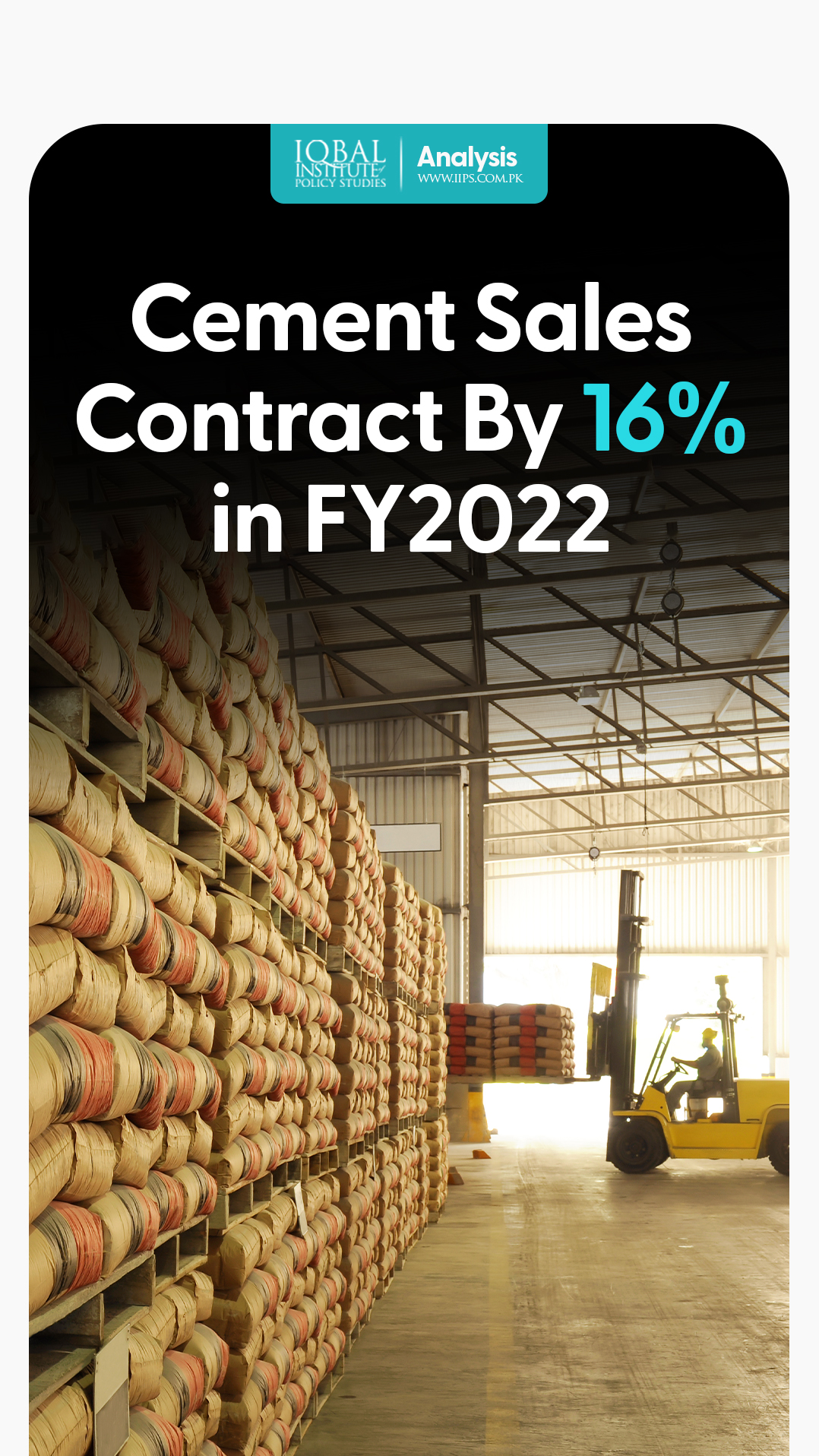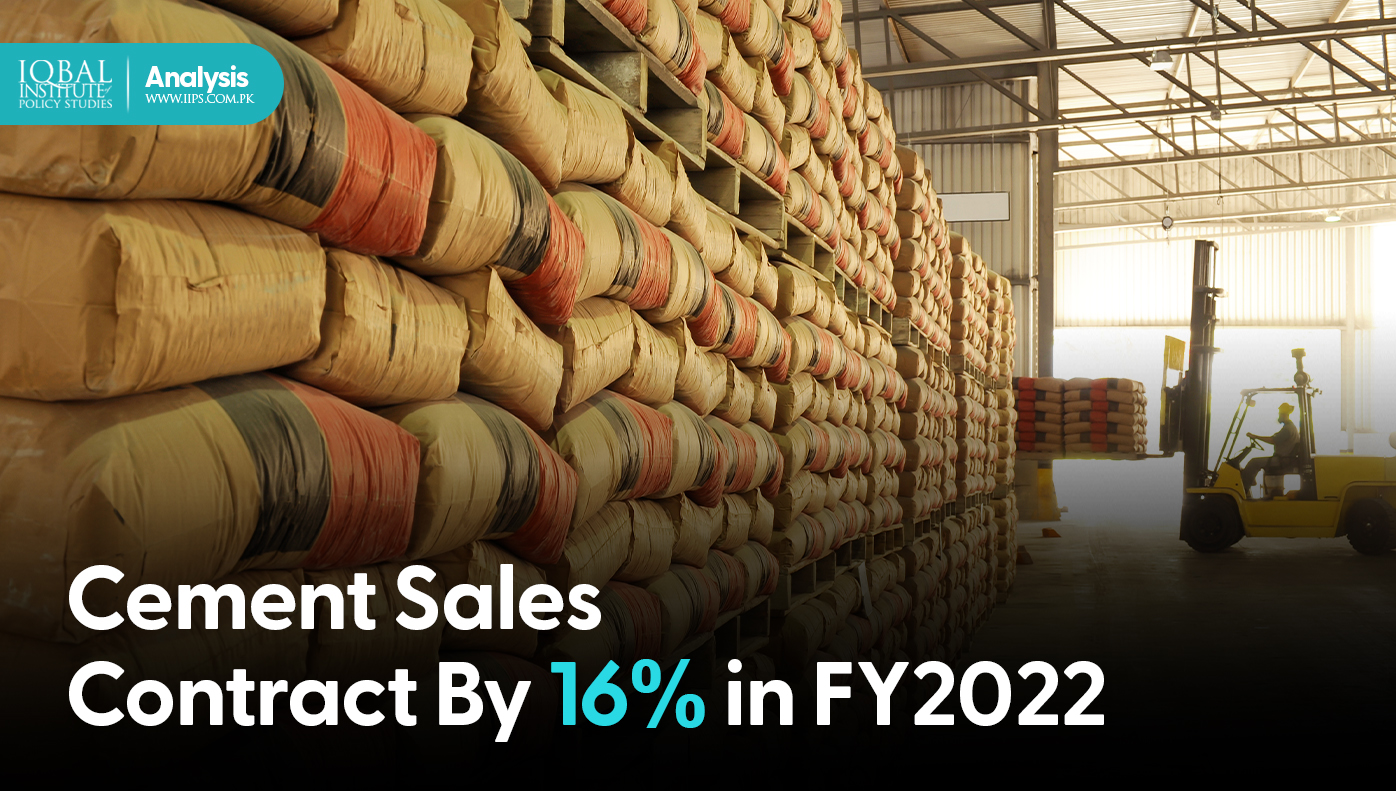The cement industry is one of the main industries necessary for sustainable development. It is considered the backbone of the construction sector. The construction sector plays a significant role in generating wealth and providing a better quality of life to the nation, which is essential for development. It is somehow considered an economic engine for developing and developed countries.
In Pakistan, the construction sector accounts for 2.53% of the country’s Gross Domestic Product (GDP). It employs 7.61% of the country’s labour force. However, the importance of the construction sector is not only related to its size only but also to its role as a catalyst in economic growth. According to a World Bank study, a unit increase in expenditure in the construction sector has a multiplier effect and the capacity to generate income as great as five times the cost of the unit.
Cement is an essential building block of development and has a substantial economic impact due to its long and diverse supply chain. The sector contributes 0.4% to the global GDP and 7.7% to world employment. In Pakistan, the infrastructural developments and construction activities alongside multiple allied sectors (steel, wood, tiles etc.) are directly influenced by the performance of the cement sector. Pakistan contributed 2.3% to the world’s cement exports and is ranked the 11th largest exporter.
Due to the ongoing economic crisis, the cement sales contracted by 16% to 3.32 million tons in May 2022 compared to sales of 3.94 million tons in the same month of the previous year. The contraction in sales is due to the continuous downturn in the rupee value coupled with the skyrocketing prices of coal, electricity and petroleum products, which has affected the business momentum. Given its importance, the government must pay attention to industry concerns in the upcoming budget by reducing duties and taxes, which may help kick-start the industry’s revival in the next fiscal year.



Leave a Reply